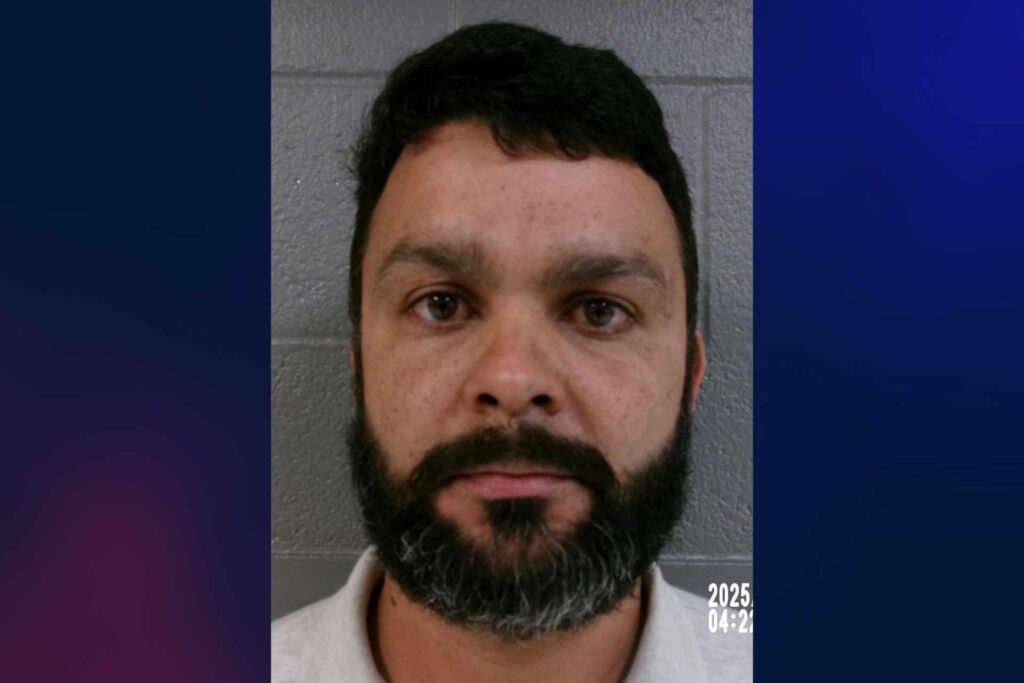(Editor’s note: A letter from President Gee to the Mountaineer Community is also be available presidentgee.wvu.edu.)
Envisioning a return of students to its three campuses in the fall, the West Virginia University Board of Governors announced Friday (May 1) that base tuition and fees will remain unchanged for the academic year beginning in August.
“We have every hope and expectation of safely resuming in-person education in Morgantown, Beckley and Keyser for the fall semester,” President Gordon Gee said. “The safety and well-being of students, faculty and staff, as well as the community will drive decisions, but we believe it will be possible to restart classes on campus, albeit with new measures, guidelines and precautions to inhibit the spread of COVID-19.”
Board Chairman David Alvarez acknowledged challenges remain.
“While the university is facing financial challenges related to the COVID-19 pandemic, in the interest of our students and their families during these difficult times our board has chosen not to increase tuition for the 20-21 school year.”
Tuition and university fees for students who are residents of West Virginia will remain at $8,976 per year; non-resident university tuition and fees stay at $25,320. A more detailed breakdown of other costs, including housing, dining and individual college costs will be formalized this summer.
There may be no more than a 3 percent increase in dining and housing plans, with the only exception being housing at West Virginia University Institute of Technology in Beckley.
Provost Maryanne Reed outlined the process under way to reach a final decision on fall operations.
“We are now engaged in our deep-dive contingency planning for fall,” she said. “While we are considering all possibilities, our primary focus is how to bring our students back to campus — while taking all necessary public health and safety measures.”
Reed said scenario planning will likely involve some changes to instructional delivery to reduce human density, providing protective gear to faculty, staff and students and conducting regular and thorough cleanings of classrooms, labs, residence halls and other university buildings, as well as widespread testing, tracing and isolation when warranted.
“But we also know that the COVID-19 pandemic will still be with us through the fall – and possibly next spring – and so we also must be prepared to respond should there be another surge of the virus that interrupts instruction and other campus activities,” she said.
Reed also discussed the pandemic’s impact on the University’s academics and enrollment.
“We received very few complaints from students about the quality of their academic experience, despite the fast turnaround to remote instruction under less-than-ideal circumstances,” she said. “I’m very proud of our students and faculty for pulling together, remaining positive and adapting quickly to a very difficult situation.
“Our colleges and schools also have done an excellent job pivoting to summer, transitioning nearly all on-campus instruction to an online format. Summer enrollments are down from last year, but not as low as we expected,” she said. “And we anticipate that our enrollments will grow.”
Another key concern created by the pandemic has been its effect on enrollment, both incoming and current students. It’s not as significant as feared, she said.
“The number of fall registrations is down just slightly from last year, which is not surprising given that we start fall registration two weeks later than usual. The number of freshmen and sophomores who requested transcripts be sent to other institutions – a key indicator of the desire to transfer – was 20 percent lower than last year,” she said. “The number of students who withdrew from the spring semester altogether and have not registered for fall was down 50 percent.
“Although these numbers seem to be favorable,” she said, “we understand that maintaining our momentum in these uncertain times will require even greater effort.”
Gee thanked the Board of its decision to hold the line on university tuition and fees.
“You all know my passion for our land-grant mission,” he said. “At the core of that mission is providing as many people as possible access to affordable higher education. For that reason alone, I believe it was imperative that we hold tuition and fees flat.
“This University has been a shining example of how a large research university can – and frankly, should – respond when a challenge comes along that can only be met with knowledge and expertise,” he said. “We have done that part well, and it would be inconsistent to ask for more from already struggling students and families.”
A year ago, WVU increased the cost to attend the University by the lowest percentage in at least two decades: 1.36 percent, or about $120 annually, for residents and 1.44 percent, or about $360 annually, for non-residents.
The Board also gave final approval to revised rules adding a service-track faculty classification consistent with the existing teaching-track. The rules had been approved for consideration at the Board’s Feb. 28 meeting, and received no comment during the required 30-day period. They will take effect in 15 business days.
In other business, the Board:
· Was briefed on personnel actions, including a potential plan for temporary reductions in force, previously discussed on April 23.
· Approved several new graduate certificates: adult gerontology acute care in the School of Nursing; health data science, School of Public Health; and Linguistics, Spanish, and Teaching English to Speakers of Other Languages, Eberly College of Arts and Sciences.
· Approved changing the current master of science degree and major in industrial relations to human resource management in the Chambers College of Business and Economics.
· Approved a new bachelor of science degree and major in youth and family sciences in the College of Education and Human Services.
· Approved a new integrated marketing communications degree jointly in the Chambers College and the Reed College of Media.
Alvarez also appointed a nominating committee to bring a slate of officers to the next scheduled meeting, currently set for June 19 in Morgantown. The committee will be led by J.R. Rogers with William Wilmoth, Lisa A. Marin and Stanley Hileman as members.














